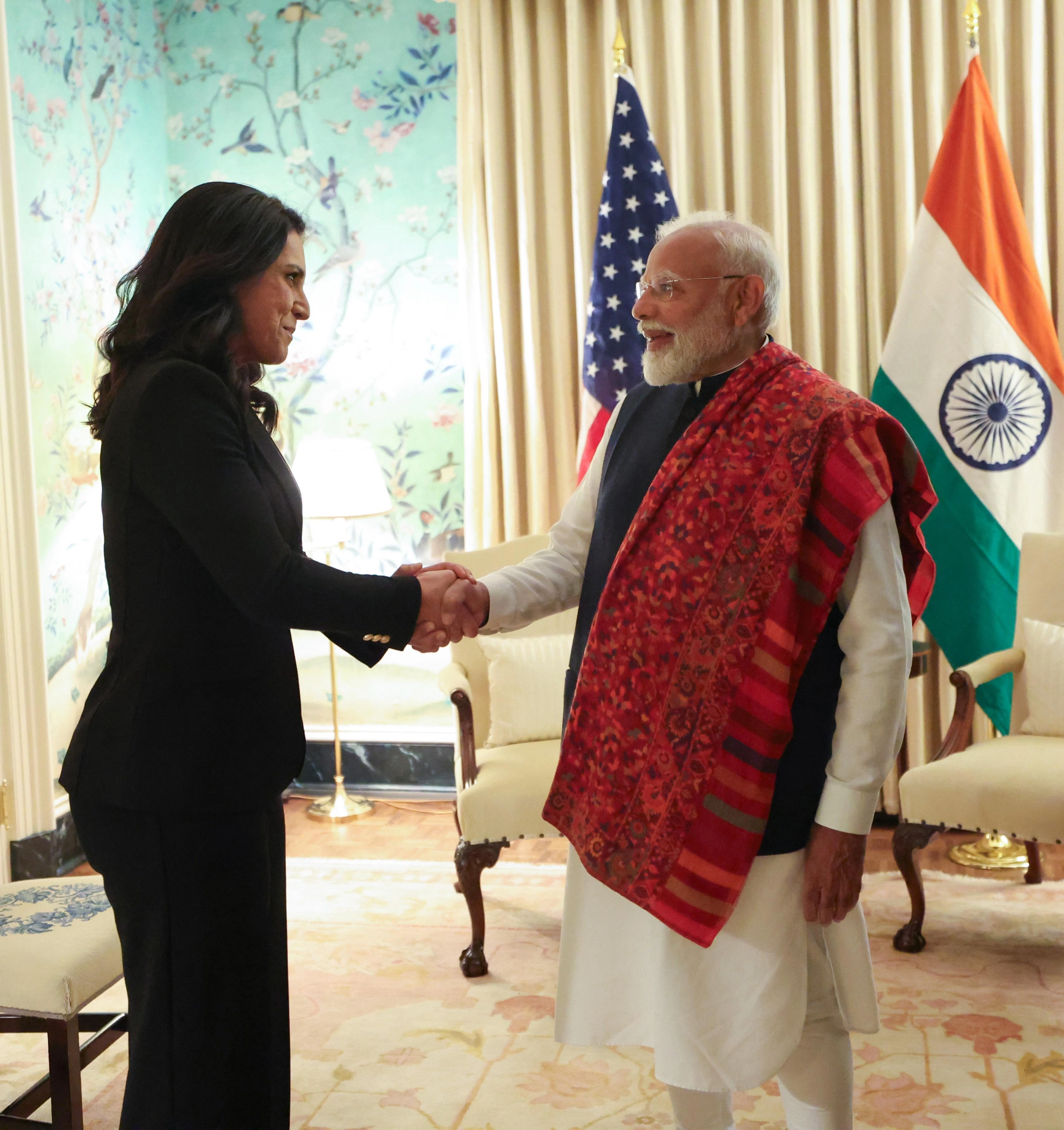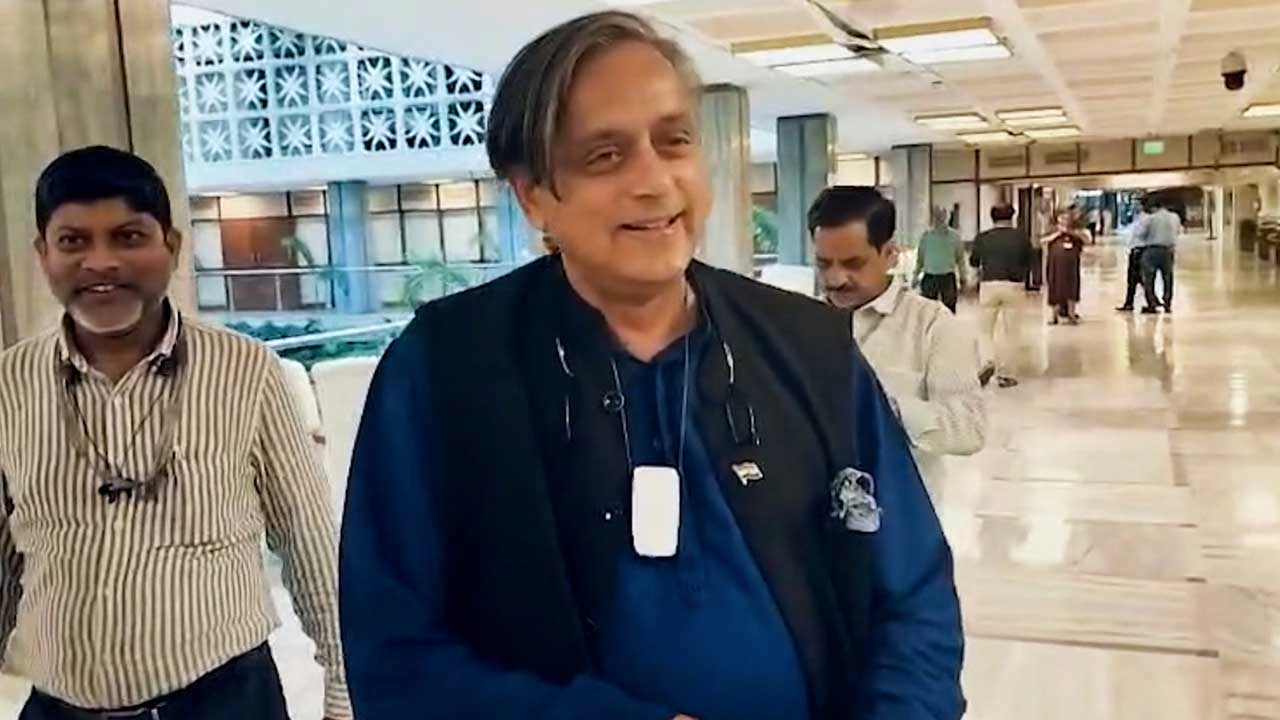India has raised significant concerns regarding the activities of Khalistani separatist groups, particularly focusing on the organization Sikhs for Justice (SFJ). This group has been actively promoting the idea of an independent Sikh state, known as Khalistan, which has led to heightened tensions between the Indian government and various Sikh diaspora communities, particularly in countries like Canada and the United States. Recent reports indicate that the SFJ has been engaging in dialogues with prominent political figures, including former U.S. Congresswoman Tulsi Gabbard, which has alarmed Indian officials. They perceive these discussions as a potential legitimization of separatist ideologies that threaten India’s national integrity.
The Indian government has categorically denounced the Khalistani movement, viewing it as a radical and extremist ideology that seeks to undermine the sovereignty of the nation. Officials argue that the SFJ’s activities are not only divisive but also pose security risks, as they may incite violence and unrest within India and among the diaspora. Gabbard’s involvement has intensified scrutiny; she has been known for her stance on various international issues and her willingness to engage with diverse perspectives. However, her association with a group like SFJ raises questions about the potential impacts on U.S.-India relations, especially given the strategic partnership that has developed between the two nations over recent years.
Moreover, the Indian government has taken steps to counter the influence of Khalistani separatists abroad, urging foreign governments to take action against individuals and organizations promoting this agenda. This includes advocating for the monitoring of activities linked to the SFJ and similar organizations, as well as collaborating with other nations to silence hate speech that promotes violence and division. The situation is further complicated by the socio-political dynamics within India, where the legacy of the 1984 anti-Sikh riots still resonates, causing deep-seated emotions and divisions within communities.
The discussions between Sikhs for Justice and Tulsi Gabbard highlight the complexity of identity politics in the diaspora, where many Sikhs feel a strong connection to their cultural roots while navigating the realities of their current homeland. These conversations serve as a reminder of the ongoing struggle for representation and recognition that many minority communities face. As India continues to address the challenges posed by Khalistani sentiments, it remains to be seen how these developments will shape the future of Sikh identity, the diaspora’s engagement with political figures, and the broader implications for international relations.




